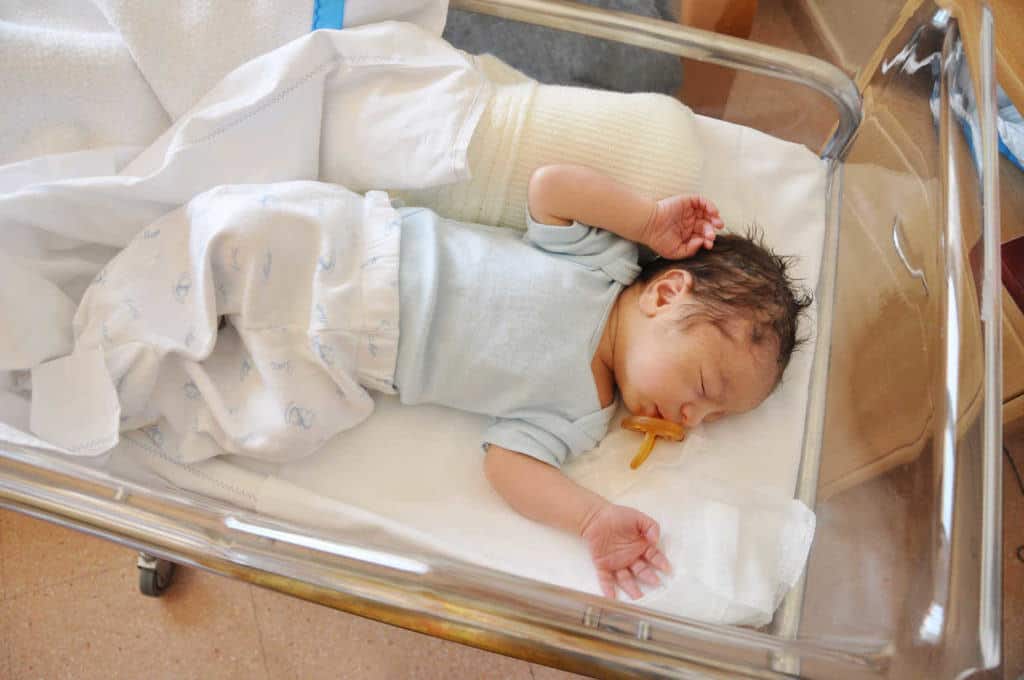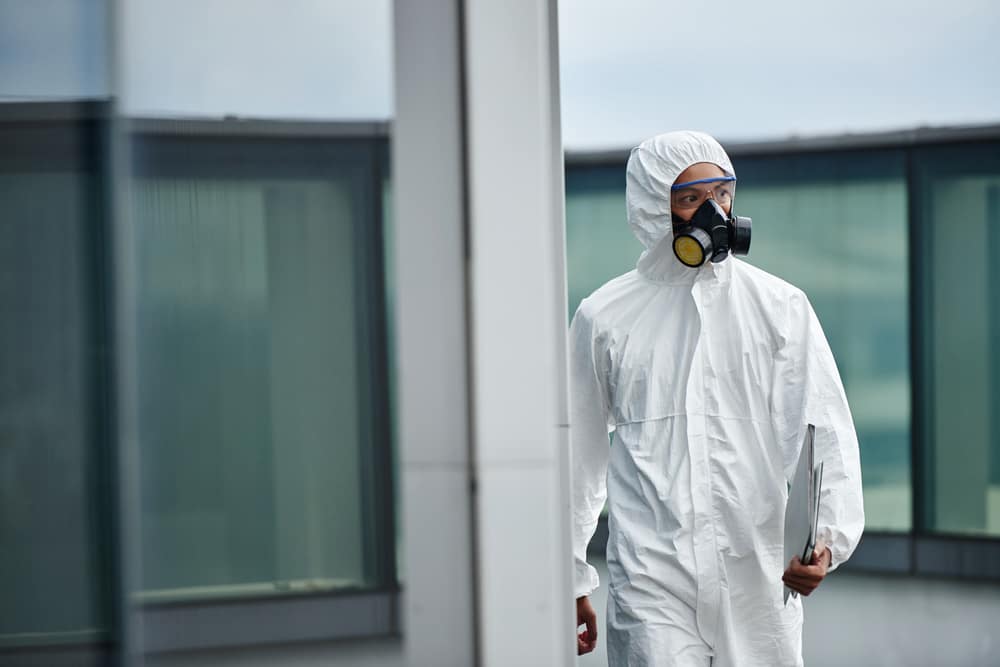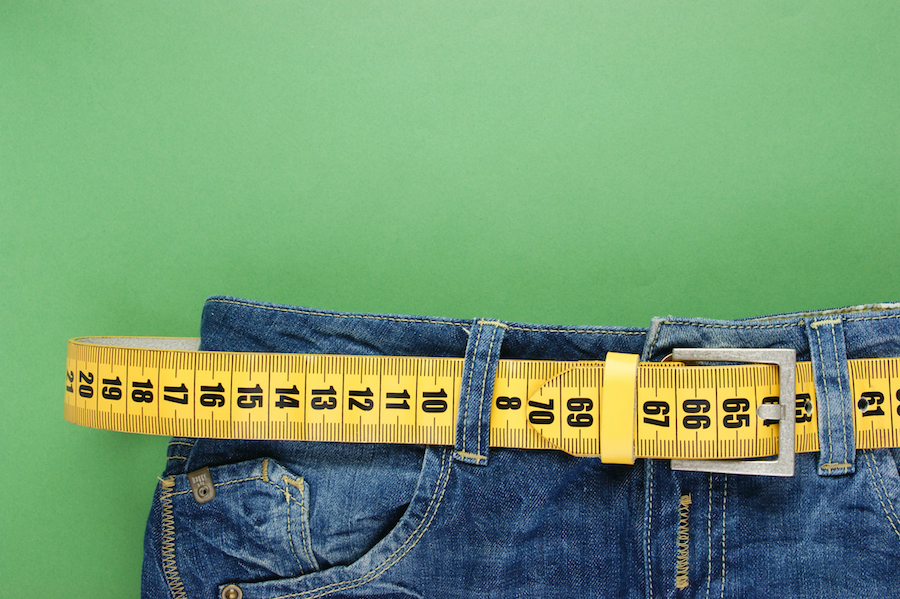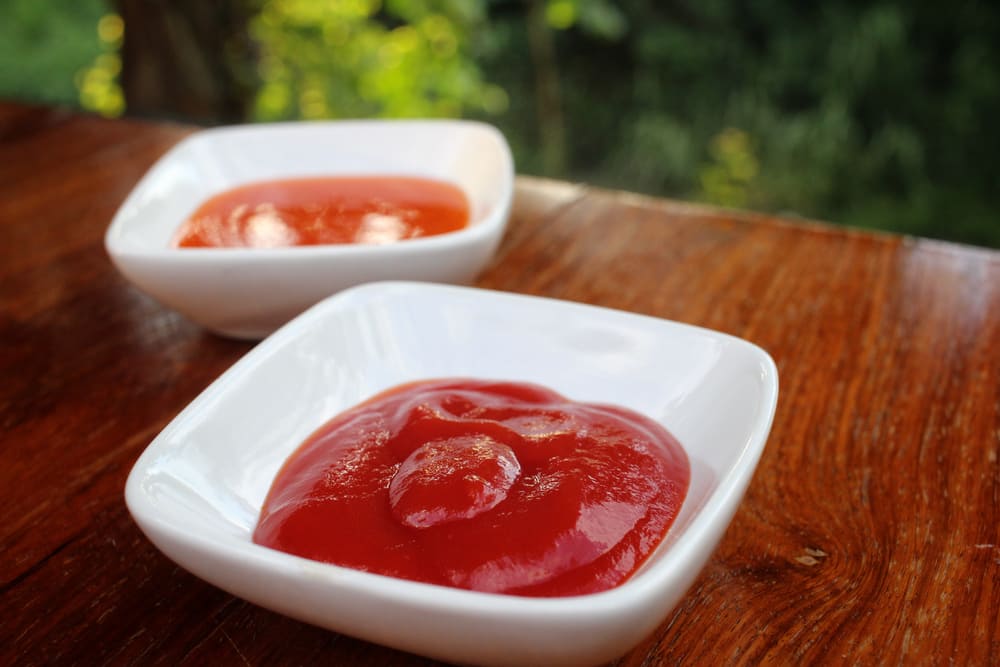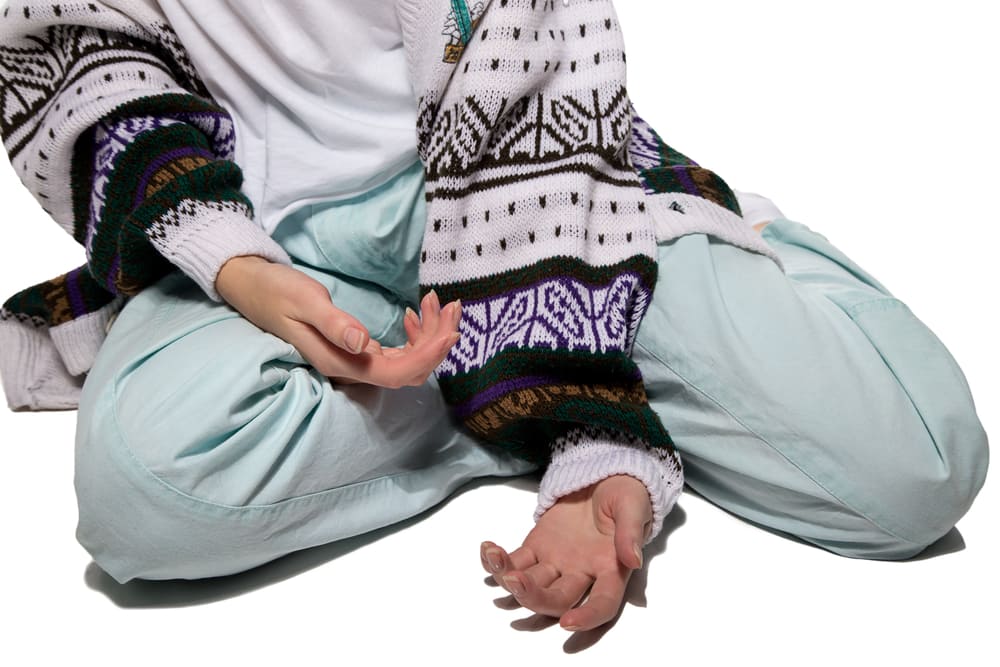Contents:
- Medical Video: Infant Medical Care : Infant Diarrhea Symptoms
- Constipation in newborns
- Diarrhea in newborns
- When do you have to see a doctor?
- Treatment for diarrhea
- What you need to know about diaper rash
Medical Video: Infant Medical Care : Infant Diarrhea Symptoms
Many parents think their baby has constipation because they rarely defecate. However, constipation cannot be measured by how often your baby defecates. Conversely, constipation occurs when your baby's stool is hard and causes pain or bleeding. Babies will usually groan or push hard when trying to defecate.
Some other common symptoms of constipation are:
- Bloody stool, if there is an injury to the baby's anus due to the hardness of the stool
- Abdominal pain
- Easy to get angry
Infants who are given exclusive breastfeeding rarely experience constipation. Constipation usually occurs in infants who are breastfed with formulas.
If your newborn baby has difficulty removing the stool, try moving his foot in a pedaling motion. Sometimes, other treatments are needed to help your baby remove feces, such as water or prune juice that has been diluted. However, you should first consult with your doctor before trying this home therapy.
Constipation in newborns
Usually on the first few days, the baby will release a very thick, dark green or black residual substance, called meconium. About three days or so, your baby will defecate more regularly, especially in babies who are breastfed directly with breast milk. The stool will turn light brown, brown or yellow, and will be soft or textured like curd. Baby breast milk will usually defecate 3-4 times a day in the first 2 weeks. Babies given formula milk will defecate less frequently. Stool color and consistency in the baby's bowel movements will change when your child tries a variety of new foods in his first year.
If your newborn baby rarely defecates at this time, it could mean that your baby is not getting enough food. If your baby rarely defecates, discuss with your doctor about the child's eating schedule, urinating children, and whether your baby's weight increases.
Diarrhea in newborns
Diarrhea occurs when your baby secretes runny stools and sometimes more often than usual. Sometimes there can be mucus in a child's stool. Diarrhea is also often accompanied by vomiting.
Diarrhea usually occurs because there are viral or bacterial infections in children. This infection can infect the baby through food or contact with contaminated feces. Diarrhea can also be a sign of a disease, or incompatibility of baby food, although this is quite rare. Diarrhea can also be caused by the side effects of antibiotics in some babies.
When do you have to see a doctor?
Diarrhea can be very serious in newborns. You should tell your doctor if there is a change in your baby's bowel movements. If your baby has diarrhea and vomiting, this is usually a symptom of infection. If your baby shows symptoms of dehydration, such as dry mouth, changing diapers less than 6 times a day, sunken eyes, or dry skin, this can be very dangerous.
Immediately bring your baby to the doctor when your baby has diarrhea for more than 24 hours, or if the diarrhea lasts with the following symptoms:
- Dehydration
- Gag
- Fever
- Blood in the stool
Treatment for diarrhea
Treatment for diarrhea is given based on the cause. Sometimes dietary changes are enough to treat diarrhea, and in some cases your baby needs medication. Do not give medicine for a newborn unless your doctor prescribes it for you.
Here are some tips that doctors might recommend:
- If your baby is breastfed normally, keep feeding him normally
- If your baby is vomiting, you may need to breastfeed less but more often. If you feed directly, it means you have to breastfeed in a shorter time.
- To prevent dehydration, you need to give your baby a liquid electrolyte medication such as ORS between meals. Or you can replace milk with liquid electrolyte medicine.
- If you give formula milk to your baby and baby still diarrhea for more than 2 weeks, you may need to change the formula. Discuss with your baby doctor.
Diarrhea and vomiting are usually symptoms of infection. In newborns and babies in general, infections can worsen very quickly, and dehydration from diarrhea and vomiting can occur very quickly. It is important for you to treat it as soon as possible if you feel your baby has an infection. A special diagnosis of certain signs of infection is needed, and your baby may need to be hospitalized for intravenous fluids.
What you need to know about diaper rash
Diarrhea can cause irritation to the baby's buttocks, which causes diaper rash.
If your newborn baby has a diaper rash, you should change the diaper as often as possible, especially after your baby is pee. Stop using baby wipes or wet tissue because it can cause irritation, due to a lot of it baby wipes containing alcohol. You can use a wet cloth to wipe the baby's bottom. You should not use diapers on the baby as often as possible so that the rash can be exposed to air. Apply a diaper cream to the baby's bottom before wearing another diaper. Avoid giving powder to the baby's bottom, because the powder is not effective and can cause breathing problems in your baby.
If your newborn baby has a fungal infection, which is a pubic rash that can spread to the lower abdomen and thighs, you should immediately contact medical assistance. Available special creams that are effective for dealing with these conditions.
READ ALSO:
- Various causes of birth defects
- How to package a baby correctly?
- What to Look For When Drying a Newborn Baby

